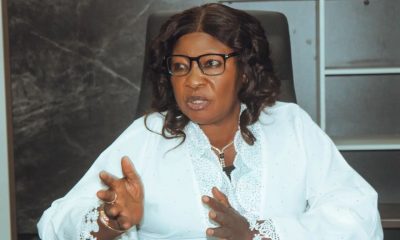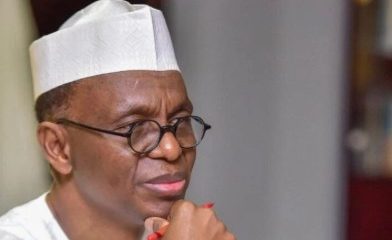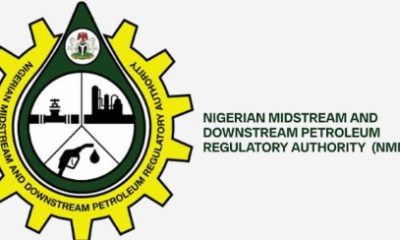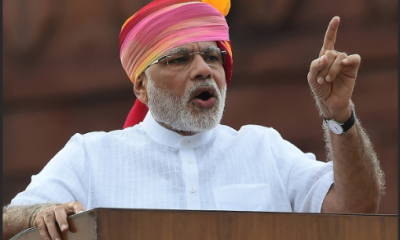Although some experts argued that two years is not sufficient for a reasonable assessment of President Buhari’s economic performance, the sharp economic deterioration in the last two years show that President Buharimay well have fallen short of Nigerians’ economic expectations; Odunewu Segun writes.
The first two years of the Buhari presidency have been characterized by inexplicable inactivity, toxic economic policies and, lately, some smattering of progress. While some of the economic challenges the administration faced were out of the President’s control, the reality is that President Buhari mishandled an already dire situation, resulting in a full-blown recession.
The country’s Gross Domestic Product (GDP) which had risen to $546.7 billion as at 2014 began a decline in 2015 dropping to $486.8 billion as economic activities slowed down. By the third quarter of 2016, the government officially declared that the country was in recession as the economy of shrank by 2.24 per cent.
The price of oil which contributes close to 90 per cent of Nigeria’s revenue dropped from around $110 per barrel in 2014 to around $35 per barrel in 2015 meaning government revenue from oil was down by more than half although the 2015 budget had been based on a pricing of $65pb.
This trickled down to the state level as federal allocation dropped and many states required a bail out after they were not able to pay salaries for months. Despite the stagnant and in some cases no income, the cost of living continued to rise as the depreciating value of the naira led to a rising inflation.
Inflation which had been kept in check at a single digit figure of 9 per cent in 2015 steadily rose in 2016 and reaching a high of 18 per cent in January 2017. Inflation figures had rising on a weaker naira as the reduced foreign exchange earnings of the country resulted in the erosion of the external reserves which plummeted to a low of $23 billion by October 2016.
In the banking sector, naira depreciation led to a significant increase in dollar-denominated non-performing loans (NPLs). Industry NPL ratio rose from 5% in December 2015 to 14% exactly a year later, threatening financial stability.
Two years into the PMB’s administration, the Nigerian capital market may have lost N1.913 trillion, as a result of the economy recession. The Nigerian Stock Exchange data showed that the NSE market capitalisation on May 28, 2015 was N11.658trillion, while that of May 12, 2017 was N9.746 trillion. Market capitalisation is the total market value of the shares outstanding of a publicly traded company.
Financial institutions in the country for the past two years were faced with naira devaluation, foreign exchange income, asset quality, capital and fully implementation of Treasury Single Account (TSA) under President Muhammadu Buhari administration.

One area which has consistently been neglected is the issue of power. Under the previous administration, power generation oscillated between 3700 MW and 4000MW. But now, despite repeated assurances and billions of naira spent, Nigeria is still stuck at 4000MW.
It is not all doom, however. The administration has dedicated a greater portion of the federal budget to capital expenditure, in line with its infrastructure development drive. According to the Ministry of Finance, the government disbursed over a trillion naira for capital expenditure in the 2016 fiscal year, by far the largest amount in Nigeria’s history, though short of the initial ₦1.8 trillion target.
But this increase in spending has pressured Nigeria’s debt position. Though public debt remains within acceptable thresholds, debt is rising at a worrying rate, and crucially, debt servicing costs are consuming a larger share of federal revenues.
Finally, recent numbers from the National Bureau of Statistics indicate that though the economy continues to shrink, it is doing so at a slower rate. Meanwhile, the broad consensus is that Nigeria should come out of recession sometime this year. Whether this is an indicator that the darkest times are over and the presidency is beginning to come to grips with the complexities of sound economic management, however, remains to be seen.

 Entertainment1 week ago
Entertainment1 week ago
 Business1 week ago
Business1 week ago
 Health1 week ago
Health1 week ago
 Business1 week ago
Business1 week ago
 Latest1 week ago
Latest1 week ago
 Entertainment1 week ago
Entertainment1 week ago
 Football1 week ago
Football1 week ago
 Entertainment5 days ago
Entertainment5 days ago














